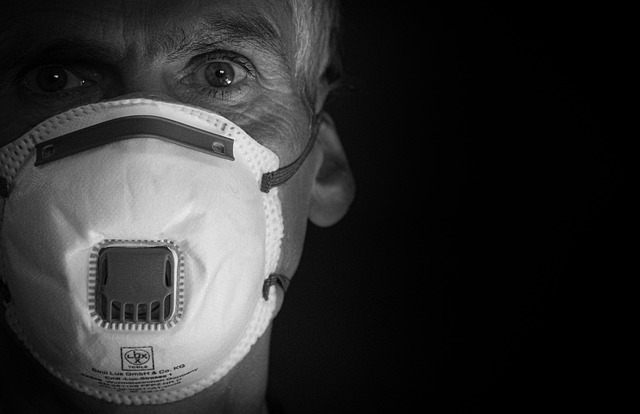Heartland Behavioral Health, as a healthcare provider, is legally obligated to prioritize patient safety and privacy under HIPAA, ensuring sensitive information protection for former patients. These regulations also mandate fair treatment without discrimination, crucial for survivors facing unique challenges. Legal options for harm victims include advocacy groups, legal aid organizations, and civil litigation for compensation. Skilled attorneys represent survivors, uncover misconduct, ensure justice, and promote systemic change to prevent future violations at facilities like Heartland Behavioral Health.
Many survivors of Heartland Behavioral Health’s practices seek legal representation to understand their rights and secure justice. This article guides you through the complex landscape, delving into three crucial aspects: Heartland Behavioral Health’s legal obligations, available options for survivors, and the pivotal role of legal representation in pursuing justice. By exploring these key areas, we aim to equip survivors with knowledge and resources to navigate their path toward healing and accountability.
- Understanding Heartland Behavioral Health's Legal Obligations
- Navigating Legal Options for Survivors: Rights and Resources
- The Role of Legal Representation in Securing Justice for Victims
Understanding Heartland Behavioral Health's Legal Obligations

Heartland Behavioral Health, as a healthcare provider, is bound by legal obligations to ensure patient safety and privacy. These include adhering to state and federal regulations, such as HIPAA (Health Insurance Portability and Accountability Act), which protects sensitive patient information. In the context of survivors of Heartland’s care, understanding these legal responsibilities is crucial. It ensures that the facility is held accountable for any potential breaches of confidentiality or neglect, providing a layer of protection and justice for those who have endured trauma within its walls.
The legal obligations also encompass fair treatment and non-discrimination, requiring Heartland Behavioral Health to provide equitable services without bias. This aspect is particularly significant for survivors, as they often face unique challenges and may require specialized support. By recognizing and fulfilling these legal duties, the facility can foster a healing environment and contribute to the long-term well-being of its former patients.
Navigating Legal Options for Survivors: Rights and Resources

Navigating legal options can be a daunting task, especially for survivors navigating the complexities of seeking justice and healing after their time at Heartland Behavioral Health. Understanding one’s rights is essential in this process. Many survivors may feel vulnerable, but recognizing their legal standing and available resources empowers them to take control.
Counseling on advocacy groups and legal aid organizations specifically catering to mental health survivors can offer a lifeline. These groups often provide free or low-cost services, ensuring that financial burdens don’t impede the pursuit of justice. They guide survivors through various legal avenues, from filing complaints against institutions like Heartland Behavioral Health to pursuing civil litigation for potential compensation.
The Role of Legal Representation in Securing Justice for Victims

Legal representation plays a pivotal role in securing justice and healing for survivors of systemic issues within institutions like Heartland Behavioral Health. Skilled attorneys can navigate complex legal landscapes, ensuring that victims’ rights are protected and they receive the compensation and accountability they deserve.
Through meticulous investigation, legal professionals uncover evidence of misconduct, negligence, or abuse, which is crucial for holding accountable those responsible. They provide survivors with a voice, enabling them to share their stories and experiences in a controlled legal setting. This process not only contributes to individual justice but also serves as a catalyst for systemic change, deterring future violations within similar facilities.
Survivors of alleged misconduct at Heartland Behavioral Health have a right to seek justice and accountability. Understanding one’s legal options and the potential benefits of legal representation is crucial in navigating this complex process. By exercising their rights and seeking qualified legal counsel, survivors can secure a voice in their journey towards healing and hold Heartland Behavioral Health accountable for its actions. This article has provided an overview of these critical steps, empowering survivors to take control and pursue the justice they deserve.
